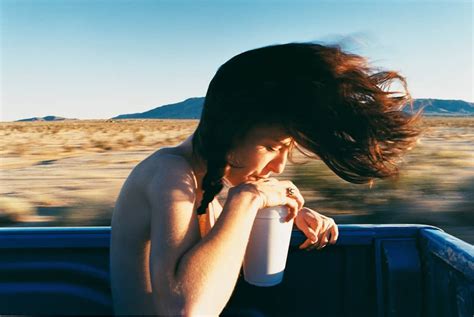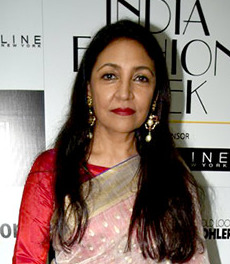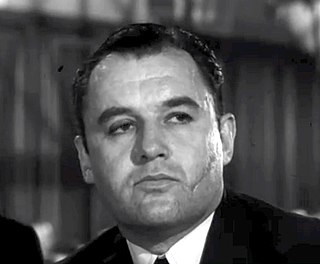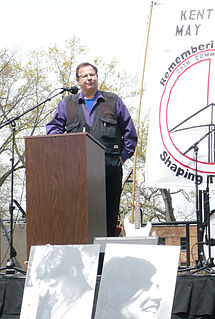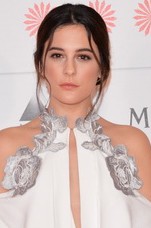A Quote by Clint Eastwood
I have been trying to retire to the back of the camera for quite a few years, and in 1970, when I first started directing, I said, 'If I could pull this off, I can some day move to the back of the camera and stay there.'
Related Quotes
I'd already started directing short films when we were doing 'Lord of the Rings,' then videogame projects. So Peter's known that I've been heading towards directing for a long time. But I always thought my first outing would be a couple of people and a digital camera in the back streets of London somewhere!
The camera is one of the most frightening of modern weapons, particularly to people who have been in warfare, who have been bombed and shelled for at the back of a bombing run is invariably a photograph. In the back of ruined towns, and cities, and factories, there is aerial mapping, or spy mapping, usually with a camera. Therefore the camera is a feared instrument, and a man with a camera is suspected and watched wherever he goes... In the minds of most people today the camera is the forerunner of destruction, and it is suspected, and rightly so.
I've been to Africa many times in the past 20 years, but I can't believe this is the first time since the very first Red Nose Day, that I've been back to Ethiopia. The last time I was here was just after the famine and it was crazy, there were people all over the place, kids without families, aid workers, camera crews.
When I put the camera back to my eye, I noticed a particular guardsman pointing at me. I said, "I'll get a picture of this," and his rifle went off. And almost simultaneously, as his rifle went off, a halo of dust came off a sculpture next to me, and the bullet lodged in a tree. I dropped my camera in the realization that it was live ammunition. I don't know what gave me the combination of innocence and stupidity... but I never took cover.




